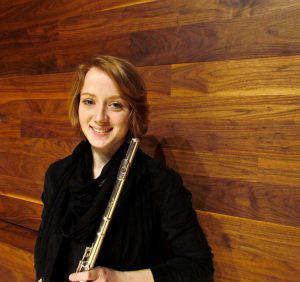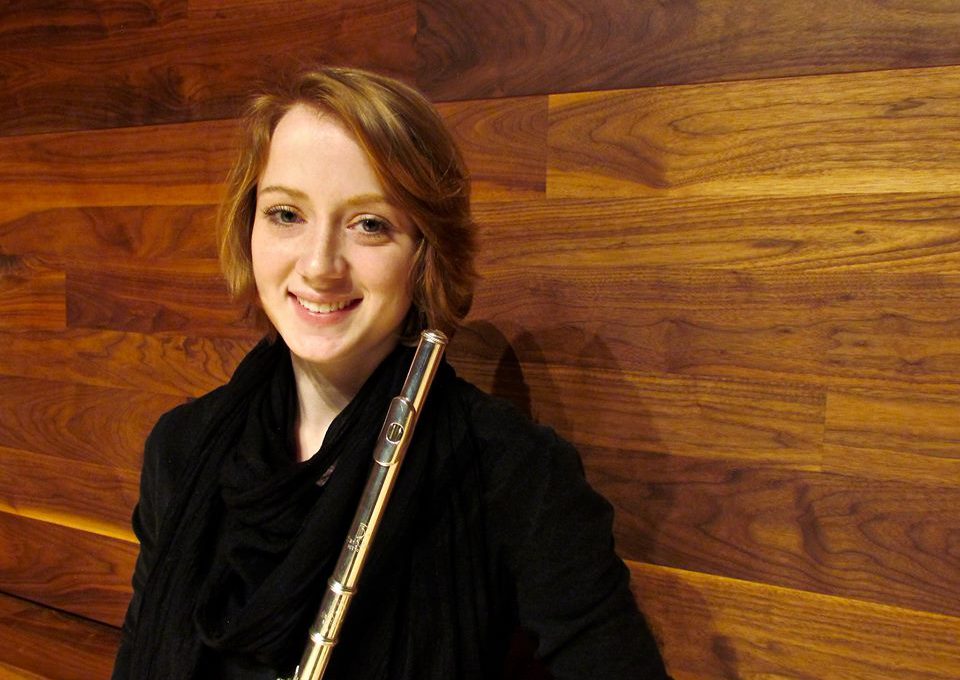Applying for graduate school can be a daunting and overwhelming task, but with a carefully organized and thorough approach, you can make it easier for yourself. When searching for a Master of Music (MM) or a Doctor of Musical Arts (DMA) program, it is a good idea to create a preliminary list of potential schools. These should be selected based on the quality and reputation of the program and the teacher, as well as its location. Do not worry about how many you have listed at this moment because you will eventually eliminate a few. When going through this process, I like to create a spreadsheet with columns for the following:
- School name
- Teacher contact information
- Application deadline
- Prescreening deadline
- Prescreening material
- Audition dates
- Audition material
- Availability of assistantships/scholarships
This information will be helpful when trying to narrow down your search even further.
After completing the spreadsheet, I recommend contacting (email is probably your best bet) the professor of your primary instrument at each of the schools on your list. This is a fantastic way to introduce yourself and convey your interest in their program. Here are a few of the important questions you should ask:
- Are you accepting any new graduate students this year?
- Do you know what the possibility of an assistantship or scholarship is?
- And it is also a good time to clear up any confusion about the audition requirements.
The answers to these questions, in addition to your spreadsheet, should help you remove some of the schools from your list. While going through the process, I personally eliminate based on the following criteria:
- openings in the studio,
- the audition repertoire (is it too much to learn in a short time or do the pieces overlap with other schools?), and
- the availability of financial assistance.
After completing your elimination process, it is a good idea to have at least five schools on your list. On the graduate level, teachers usually limit the number of students they are willing to accept (some only take one a year). Even though applying and auditioning can quickly become pricey, it will be well worth it in the end.
The last thing on your “to do list” should be to take a lesson with the professors. Most should offer a short, free lesson during audition day though, so make sure you ask them about it! This is as much for your benefit as it is theirs. You are showing the teacher how well you play, how you work, and your personality. At the same time, they are showing you their teaching methods, their knowledge, and also their own personality. If you do not already have a relationship with the professor, it is a good idea to try to schedule the lesson before your audition or even before your prescreening is submitted, if possible, that way you will be less nervous during the audition and they will be able to meet you in a more relaxed environment.
After you are finished with the entire audition process, it is time to make a decision. For people who are more visual, it can help to make a “Pro/Con list” for each school, but however you approach it, it is important that you are thorough and consider all aspects in your decision:
- The professor’s teaching methods/personality/reputation and how you get along with them
- The location of the school (where will you have better opportunities for teaching, performing, and learning?)
- The program’s reputation
- The availability of financial aid
- The other professors you will work with (theory, history, etc.)
Hopefully this article gave you some fresh ideas on how to approach the application and audition process. Although all of these steps are important, one thing to keep in mind is that in the end, you need to feel comfortable with your choice. You will not enjoy your studies or reach your full potential if you aren’t. Choosing a graduate program is a personal decision. While it can be beneficial to talk with previous and current students from potential schools, only you can know if it is the right fit for you.
About Emily Watkins
Emily Watkins, a na tive of Philippi, West Virginia, began playing the flute when she was eleven years old. Watkins received her Bachelor’s of Music in flute performance from West Virginia University (WVU) in the spring of 2015 and is currently in her second year of graduate studies at Wright State University (WSU). At WSU, Watkins serves as a graduate teaching assistant, performs with the WSU chamber orchestra, and was selected as a winner of the concerto competition during the fall of 2015. She has participated in numerous workshops and performed in masterclasses for Amy Porter, Bonnie Boyd, Paula Robison, Jennie Brown, and several other musicians. Her teachers include Nina Assimakopoulos and Christopher Chaffee.
tive of Philippi, West Virginia, began playing the flute when she was eleven years old. Watkins received her Bachelor’s of Music in flute performance from West Virginia University (WVU) in the spring of 2015 and is currently in her second year of graduate studies at Wright State University (WSU). At WSU, Watkins serves as a graduate teaching assistant, performs with the WSU chamber orchestra, and was selected as a winner of the concerto competition during the fall of 2015. She has participated in numerous workshops and performed in masterclasses for Amy Porter, Bonnie Boyd, Paula Robison, Jennie Brown, and several other musicians. Her teachers include Nina Assimakopoulos and Christopher Chaffee.

